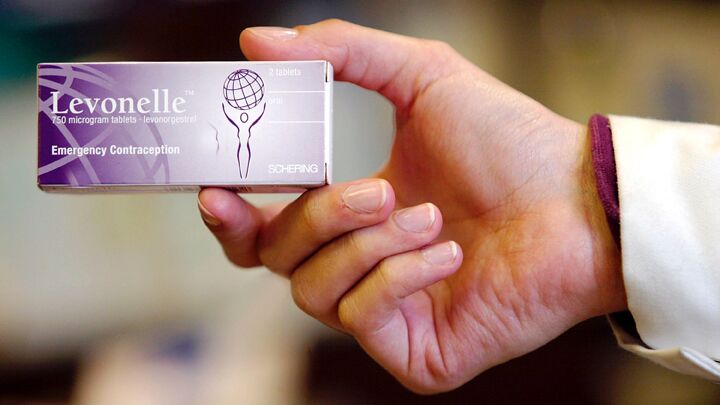
British Schools Encouraged to Sponsor Abortion
Schools and colleges across England and Wales are being encouraged to make contraceptives available to students, according to new advice by Britain’s health authority published on March 26. It also advises nurses to hand out the morning-after pills to young people, so they have them on hand, just in case.
The National Institute for Health and Care Excellence (nice) is the official government body responsible for setting standards and publishing guidance for the National Health Service (nhs).
Its latest guidelines encourage school nurses and governors to “ensure contraceptive advice, free and confidential pregnancy testing, and the full range of contraceptive methods … is easily available,” as well as suggesting that free condoms be made available in youth clubs.
It also repeats earlier instruction that all contraceptives, including the morning-after pill, must be handed out without the child’s parents being informed—even if the child is under 16. It states that a “health professional cannot persuade the young person to inform his or her parents or allow the doctor to inform the parents that he or she is seeking contraceptive advice.”
It also calls for the morning-after pill to be more easily available, given out for free in schools and pharmacies.
These new guidelines are an extension of similar guidelines that the Trumpet wrote about previously (e.g. “British Schools Hand Out Contraceptives to Youngsters,” written back in 2007). This latest advice greatly expands the availability of contraceptives in schools, trying to make such availability the norm, not the exception.
The morning-after pill is abortion—the killing of human life. Handing these pills out in advance, to be used “just in case,” makes abortion even more causal than it already is.
The latest advice is apparently opposed by the government; the Daily Telegraph reports that British Health Secretary Jeremy Hunt “is understood to have opposed the plans, amid concern that there is little evidence it would reduce unwanted pregnancies and fears it would lead to increased rates of sexually transmitted diseases.” But the British government has given up power to decide these policies to unelected experts, as it has in so many areas. If the government really wanted to stop it, it could take that power back—evidently the government doesn’t feel that strongly about it.
“It is really important that sexual health services offering information and advice can be found in places where young people have access to them,” Prof. Mike Kelly, director of the Center for Public Health at nice, said in the March 26 report. ” Evidence clearly shows that the availability of contraceptives reduces the rate of unwanted pregnancies.”
In making these recommendations, the experts are focused almost exclusively on two things: the number of teenage pregnancies and the spread of stds. Teen pregnancy in England is falling, but it is still the highest in Europe. By focusing on these two most obvious and immediate problems caused by teenage sexual activity, they are making it easier for young people to have sex before marriage, as well as spreading the message that teenage sex is the norm.
But teenage sexual activity has negative consequences beyond stds and teen pregnancies. Even the “remedies” suggested by nice can never completely eliminate the risk of those two consequences for those engaging in sex outside of marriage.
The latest guidelines send the message that teenage sex is safe and normal. They may prevent some teen pregnancies, but they spread a way of life that is harmful and life-threatening. For the consequences of this way of life, read “Sexual Health: What Every High School and College Student Needs to Know.”
